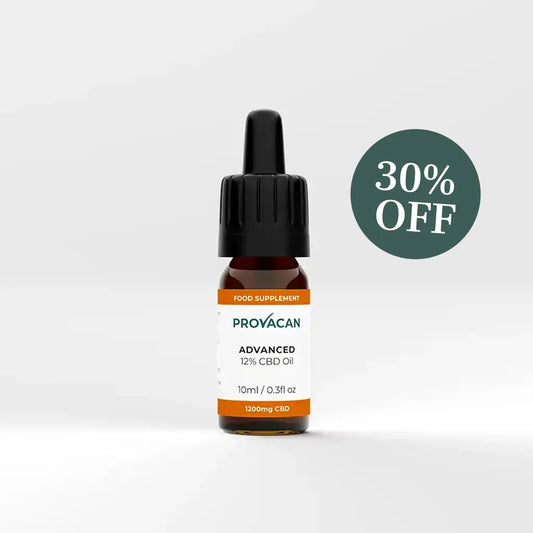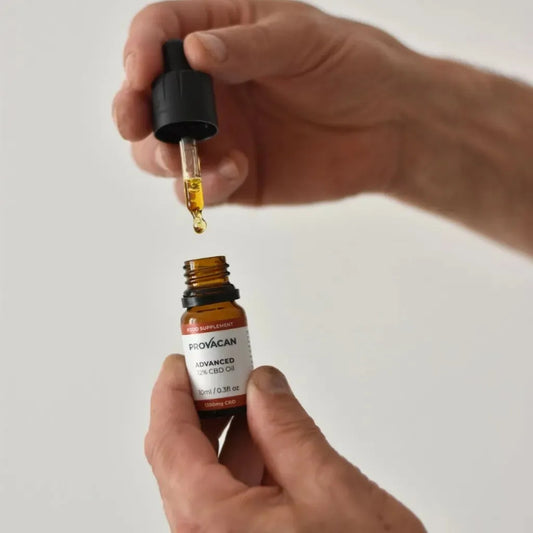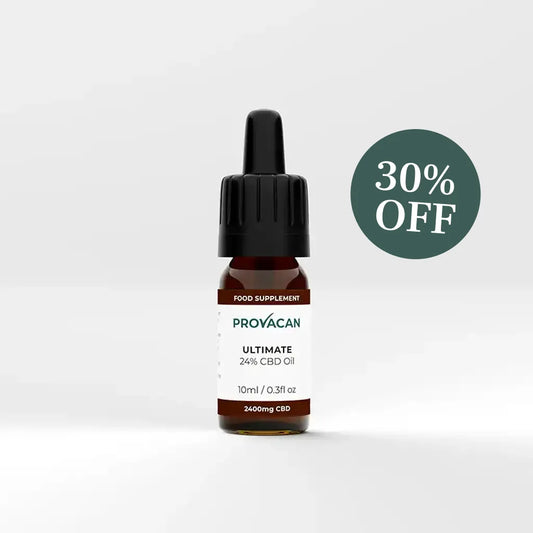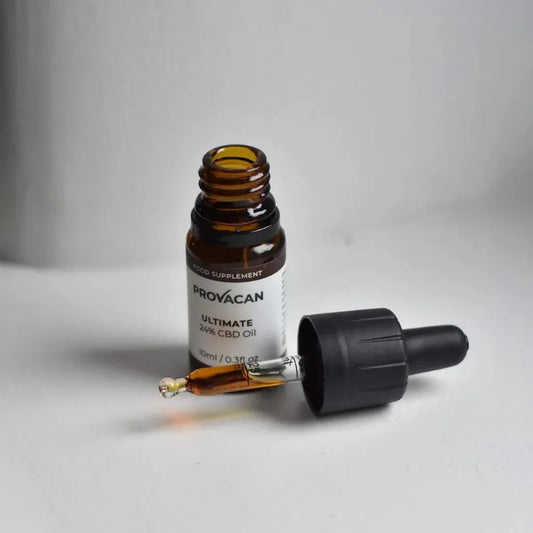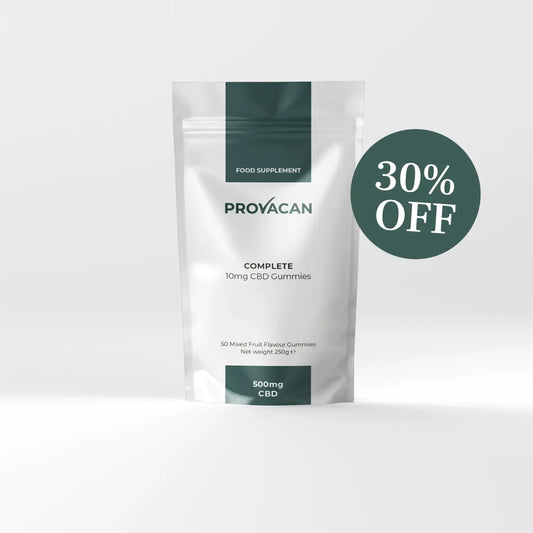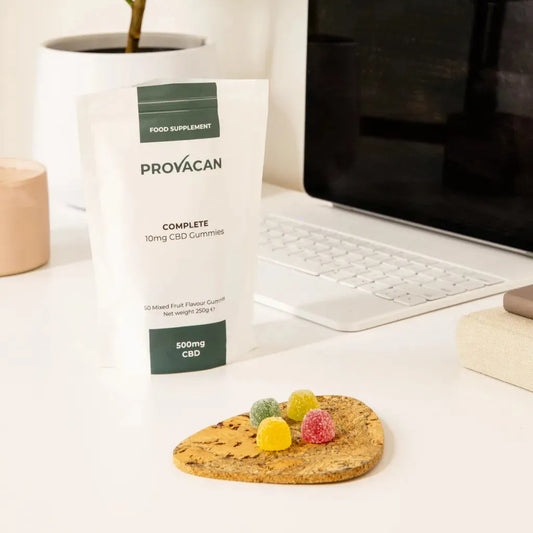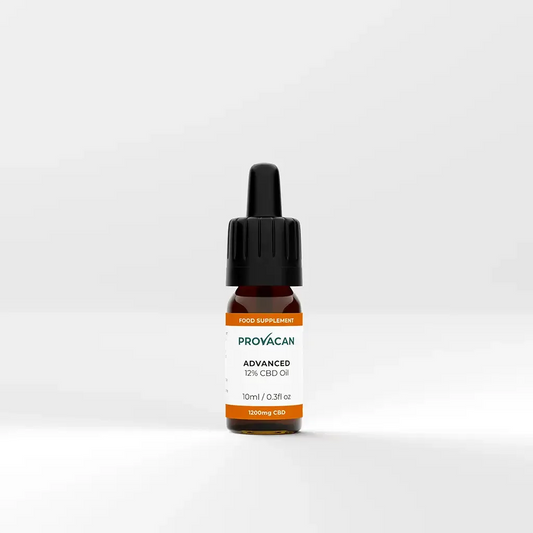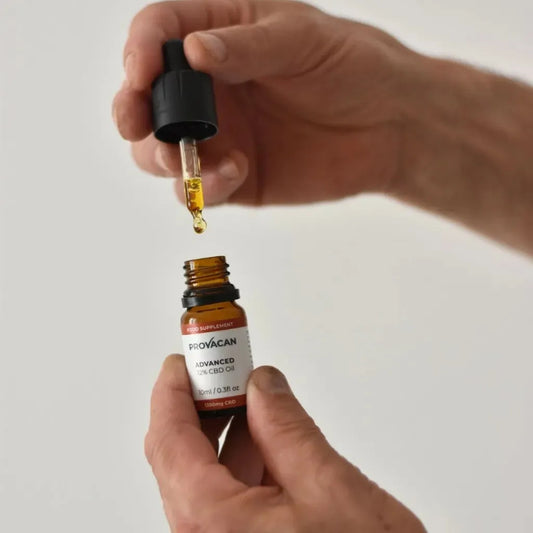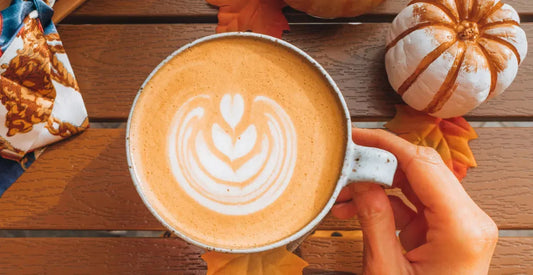In recent years, CBD has gained immense popularity as a natural remedy for various ailments. However, amidst the hype and excitement, a common concern arises - can you overdose on CBD? Let's delve into this question and unravel the truth behind it.
Can You Overdose on CBD? Unravelling the Truth
Before addressing the issue of overdosing on CBD, it's crucial to understand some basics about this fascinating compound.
Cannabidiol, commonly known as CBD, is one of the many cannabinoids found in the cannabis plant. Unlike its counterpart THC (tetrahydrocannabinol), CBD is non-psychoactive. This means it doesn't produce the infamous "high" associated with marijuana consumption.
Research suggests that CBD may offer a myriad of potential health benefits, such as alleviating pain, reducing anxiety and depression, improving sleep quality, and even aiding in the treatment of epilepsy. But can these benefits be achieved without the risk of overdosing?
Let's delve into the world of how to take CBD, CBD dosage and explore whether or not it's possible to overdose on this compound. To start, it's important to note that CBD is generally considered safe and well-tolerated by most individuals. In fact, a study published in the journal Current Drug Safety concluded that CBD has a favorable safety profile, even at high doses.
However, it's worth mentioning that the effects of CBD can vary depending on factors such as the individual's body weight, metabolism, and overall health. It's always advisable to start with a low dosage and gradually increase it until the desired effects are achieved. This approach allows the body to acclimate to the compound and reduces the risk of any potential adverse reactions.
Furthermore, it's important to note that CBD is not known to be addictive. Unlike opioids or other prescription medications, CBD does not create a physical dependence or withdrawal symptoms when discontinued. This makes it a promising alternative for individuals seeking natural remedies without the risk of addiction. It's also worth understanding how long CBD takes to leave your system.
While it's always important to exercise caution when introducing any new substance into your body, CBD appears to have a low risk of overdose. As with any supplement or medication, it's advisable to consult with a healthcare professional to determine the appropriate dosage for your specific needs. By doing so, you can safely explore the potential benefits of CBD without the fear of overdosing.
Understanding CBD Basics
When it comes to CBD, there's no one-size-fits-all answer. The effects of CBD can vary depending on several factors, including the individual's tolerance, sensitivity, and dosage.
CBD is most commonly consumed in the form of oil tinctures, capsules, gummies, or topical creams. It interacts with our body's endocannabinoid system, which plays a crucial role in maintaining homeostasis.
However, it's important to note that CBD affects everyone differently - for example how long CBD takes to work can vary significantly. What may be an ideal dosage for one person might not have the same effect on another. This leads us to the question - can you overdose on CBD?
Let's delve deeper into the topic of CBD dosage and its potential effects. While CBD is generally considered safe and well-tolerated, it's essential to understand the importance of finding the right dosage for your individual needs. The dosage that works for your friend might not be suitable for you, as each person's body chemistry is unique.
When determining the appropriate CBD dosage, it's crucial to start low and gradually increase it until you achieve the desired effects. This method allows you to assess how your body responds to CBD without overwhelming your system. Keep in mind that CBD takes time to build up in your body, so patience is key.
Moreover, it's worth noting that CBD is non-intoxicating, meaning it won't get you high. Unlike its counterpart, THC, CBD does not produce psychoactive effects. Instead, it offers a sense of relaxation and calmness, making it a popular choice for those seeking natural stress relief.
While CBD is generally well-tolerated, it's essential to be aware of potential side effects. These can include dry mouth, drowsiness, and changes in appetite. However, these side effects are typically mild and temporary, and they can often be mitigated by adjusting the dosage or method of consumption.
Understanding CBD basics involves recognising that its effects can vary from person to person. Finding the right dosage for your needs is a process of trial and error, and it's important to start with a low dose and gradually increase it. Remember, CBD is non-intoxicating and offers a range of potential benefits, but it's always wise to consult with a healthcare professional before incorporating it into your wellness routine.
CBD vs. THC: Exploring the Differences
When it comes to CBD and THC, it's crucial to grasp the nuances that set them apart. While both compounds share a similar molecular structure, their effects on the body diverge significantly, leading to distinct experiences and outcomes.
Let's delve deeper into the contrasting nature of CBD and THC. CBD, short for cannabidiol, is non-intoxicating, meaning it won't get you high. This characteristic has made CBD a popular choice among individuals seeking therapeutic benefits without the psychoactive effects associated with THC.
On the other hand, THC, or tetrahydrocannabinol, is the compound responsible for the euphoric sensations commonly associated with cannabis use. It binds to specific receptors in the brain, triggering a cascade of effects that can alter perception, mood, and cognition.
While CBD and THC interact with the body's endocannabinoid system, their mechanisms of action differ. CBD doesn't bind directly to cannabinoid receptors but instead modulates their activity, influencing various physiological processes without inducing intoxication.
Moreover, CBD has garnered attention for its potential therapeutic properties. Research suggests that it may help alleviate symptoms associated with conditions such as chronic pain, anxiety, epilepsy, and inflammation. However, it's important to note that more studies are needed to fully understand CBD's efficacy and safety in treating these conditions.
When it comes to safety, CBD shines. The World Health Organization has stated that CBD exhibits no effects indicative of any abuse or dependence potential, making it a promising option for those seeking natural relief. It's highly unlikely to overdose on CBD alone, further solidifying its reputation as a well-tolerated compound.
As the CBD industry continues to grow, it's crucial to stay informed about the differences between CBD and THC. By understanding their unique properties and effects, individuals can make informed decisions about which cannabinoid is best suited for their needs.
Can You Overdose on CBD?
The short answer is no. It's practically impossible to ingest a lethal dose of CBD. Research suggests that even extremely high doses of CBD, exceeding regular consumption, don't cause any life-threatening effects.
That said, consuming excessively large amounts of CBD can lead to unwanted side effects, such as drowsiness, dry mouth, diarrhea, or changes in appetite. These effects are typically mild and subside once the CBD is metabolized by the body.
Dosage Matters: Finding the Right Balance
While you can't overdose on CBD, it's still crucial to find the right dosage for your needs. Starting with a low dose and gradually increasing it allows you to gauge your body's response and avoid any overwhelming effects.
Does CBD work for everyone? When determining the ideal dosage, factors such as weight, metabolism, and the condition being treated should be taken into account. Consulting with a healthcare professional or CBD specialist can provide valuable guidance in finding the optimal balance.
Tolerance and Sensitivity to CBD
Over time, some individuals may develop a tolerance to CBD, requiring higher doses to achieve the desired effects. On the other hand, some people may be more sensitive to CBD and experience stronger effects even with smaller amounts.
By monitoring and assessing your body's response to CBD, you can make adjustments to your dosage accordingly. This way, you can find the sweet spot that offers the benefits you seek without overwhelming your system.
Understanding CBD and Medication Potential Interactions
While CBD is generally well-tolerated, it's essential to be mindful of potential interactions with other medications. CBD can interfere with the metabolism of certain drugs, affecting their potency and side effects.
If you are taking prescription medications, it's crucial to consult with your healthcare provider before incorporating CBD into your routine. They can advise you on what drugs should not be taken with CBD, any potential risks or necessary adjustments to your medication regimen.
CBD Regulations and Safety Standards
When purchasing CBD products, it's important to ensure that they come from reputable sources and adhere to strict quality standards. The CBD industry is still relatively new and largely unregulated, making it essential for consumers to exercise caution.
Look for CBD products that undergo third-party testing to verify their potency and purity. This ensures that you are getting a safe and reliable product that contains the advertised amount of CBD without any harmful contaminants.
You may also want to understand factors around CBD and driving UK.
Guidelines for a Safe CBD Experience
When consuming CBD, there are a few general guidelines to follow to ensure a safe and enjoyable experience:
- Start with a low dosage and gradually increase it if needed.
- Monitor your body's response and adjust the dosage accordingly.
- Consult with a healthcare professional if taking other medications.
- Choose high-quality CBD products from trusted sources.
- Be aware of potential side effects and discontinue use if necessary.
So, Can You Overdose on CBD?
While it's highly improbable to overdose on CBD, responsible consumption is essential. By finding the right dosage, monitoring your body's response, and adhering to safety guidelines, you can enjoy the potential benefits of CBD without any significant risks.
As with any supplement or medication, it's always wise to consult with a healthcare professional before incorporating CBD into your wellness routine. They can provide personalized guidance based on your specific needs and medical history.
Buy CBD
If you're interested in exploring the effects of CBD, there are numerous reputable brands and retailers that offer a wide range of products. However, remember to do your research and choose reliable sources that prioritize quality and transparency.
When looking to buy CBD products, always check for third-party lab testing results and read customer reviews to ensure you're getting a trustworthy product that aligns with your expectations.
In conclusion, while the fear of overdosing on CBD is largely unfounded, responsible consumption and informed decision-making are crucial. By understanding the basics, finding the right dosage, and prioritizing safety, you can embrace the potential benefits of CBD with peace of mind.


